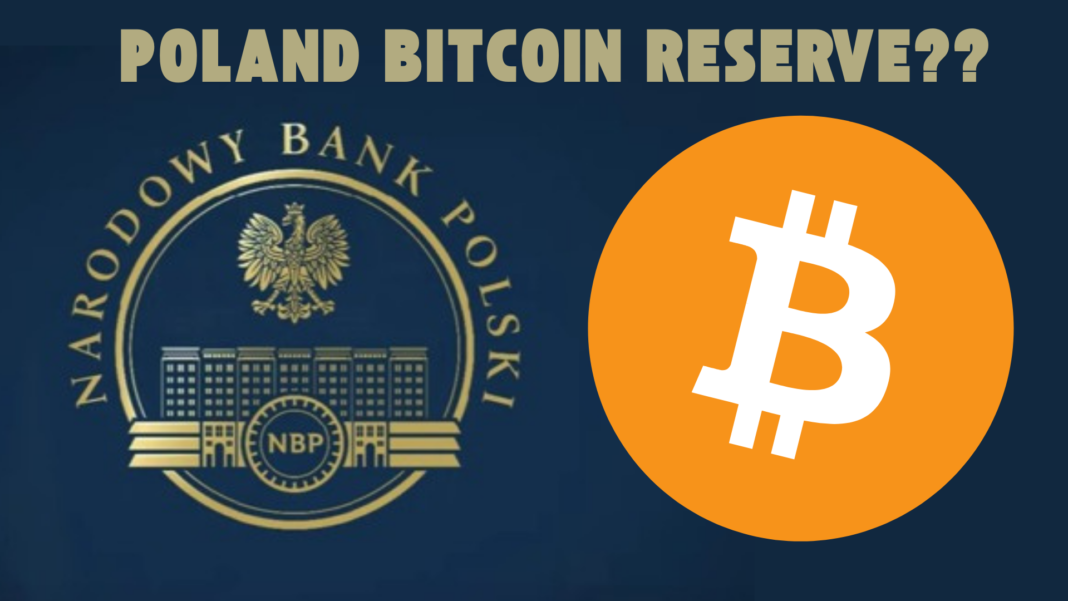Poland’s central bank, the National Bank of Poland (NBP), has firmly rejected the idea of including Bitcoin in its national reserves, highlighting concerns about security and the stability of the asset.
NBP President Adam Glapiński, who also chairs the Monetary Policy Committee, stated that the primary focus of the bank is to ensure the safety of its reserve assets.
At a press conference, Glapiński emphasized that Bitcoin’s volatile nature and lack of predictability make it unsuitable for Poland’s reserves.
The development reiterates that the central bank would not consider Bitcoin “under any circumstances” due to the necessity of maintaining secure reserves.
The decision underscores the cautious stance many traditional financial institutions and central banks maintain regarding cryptocurrencies.
Contrasting Approaches: The U.S. Considers Bitcoin for National Reserves
While Poland remains steadfast in its rejection of Bitcoin, the United States is taking a different approach.
The White House’s newly appointed “Crypto Czar,” David Sacks, recently revealed that the administration is exploring the possibility of adding Bitcoin to the U.S. reserves as part of broader efforts to regulate stablecoins and digital assets.
The shift is part of an initiative spearheaded by President Donald Trump’s crypto working group, which was formed through an executive order.
Trump himself has suggested using Bitcoin as a potential solution to the U.S. national debt crisis, proposing that Bitcoin could help mitigate the country’s $35 trillion debt.
Poland’s Risk Management Strategy and Growing Reserve Assets
The NBP’s rejection of Bitcoin also stems from its concern over the asset’s volatility, a major consideration for central banks looking to manage financial risks.
According to the NBP, Poland’s official reserve assets reached EUR 217.1 billion (USD 225.4 billion) by the end of January 2025, marking a year-over-year increase of over 22%.
The growth underscores the country’s commitment to maintaining a stable and secure financial system.
While some members of the crypto community may criticize the NBP’s cautious stance, the central bank frames its decision as part of a broader risk management strategy aimed at safeguarding the nation’s financial stability.
However, there are indications that Poland’s approach to cryptocurrencies could evolve in the near future.
Potential Shift in Policy with Upcoming Elections
Poland’s current rejection of Bitcoin as a reserve asset may be subject to change depending on the outcome of the upcoming presidential election in May 2025.
One notable candidate, Sławomir Mentzen, representing the Confederation (Konfederacja) party, has proposed turning Poland into a “cryptocurrency haven” if elected.
Mentzen’s platform includes creating a strategic Bitcoin reserve, signaling a potential shift toward integrating cryptocurrencies more deeply into Poland’s economic framework.
His party currently holds 18 seats in Poland’s 460-seat parliament, and recent polls show them with around 12% support, indicating that there is growing interest in alternative approaches to the country’s financial policies.
Should Mentzen’s vision gain traction, it could signal a significant change in Poland’s stance on Bitcoin and digital assets.
Also Read: El Salvador Congress Greenlights Bitcoin Law to Make BTC Optional for Businesses


